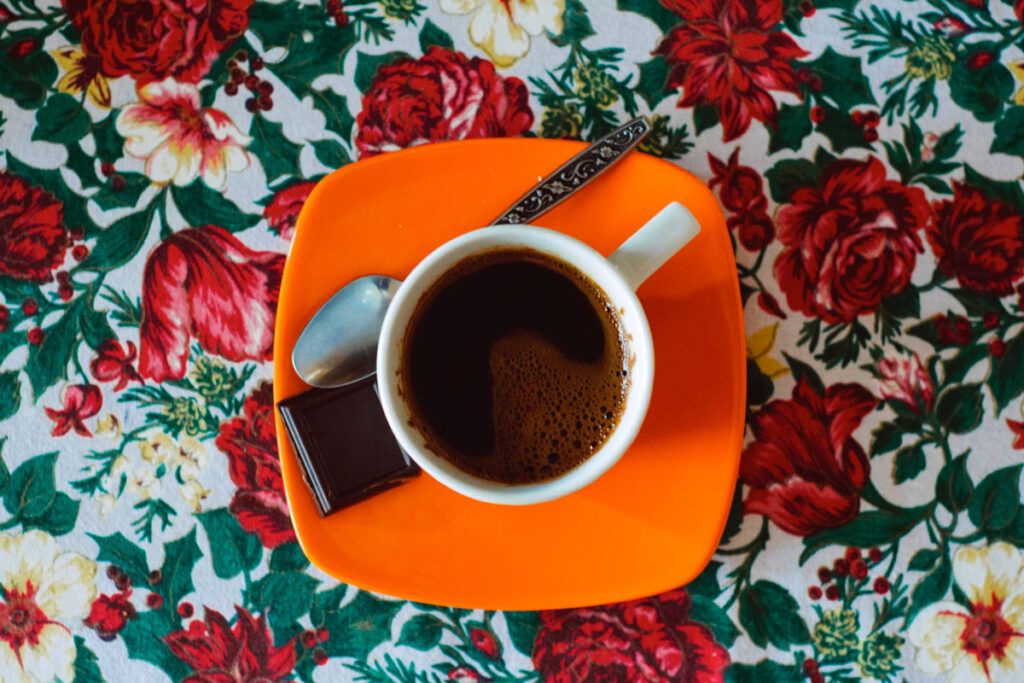Caffeine is a stimulant that can affect your central nervous system and increase adrenaline. This can often result in anxiety symptoms.
The effects of caffeine can be different for everyone. This is why it is important to be aware of the signs of caffeine-induced anxiety, so you can learn how to manage it and prevent it from occurring.
How can caffeine induce anxiety?

Caffeine intake typically triggers anxiety in most people through several factors. This includes:
- Blocking adenosine receptors in the brain: Adenosine is a brain neurotransmitter that produces relaxing effects in the body. The intake of caffeine blocks adenosine receptors, which can cause you to become alert and anxious. According to a 2015 review study, caffeine increases the risk of anxiety through adenosine receptor blockage.
- Increases sympathetic nervous system drive: Caffeine increases sympathetic nervous system activities, which results in changes such as anxiety attacks, a racing heart, and nervousness.
- Increasing alertness: This can disrupt your sleep and raise the risk of nervousness and anxiety.
The anxiety-related effects of caffeine may differ for each person due to genetic differences. A 2019 study found that genetics were likely to have an impact on the effect of caffeine in the body.
What are the symptoms of caffeine-induced anxiety?
According to the National Library of Medicine, the common signs of caffeine-induced anxiety include:
These symptoms of caffeine-induced anxiety may vary for each person because of genetic differences.
How can you reduce anxiety symptoms if you do have caffeine?
A moderate caffeine intake is the first step in decreasing the risk of developing anxiety symptoms. The U.S. Food & Drug Administration (FDA) states that having approximately 400 milligrams(4–5 cups of coffee) of caffeine daily reduces the risk of experiencing negative effects of caffeine.
Also, reducing the consumption of caffeine-containing foods can help you stay within the daily recommended caffeine intake.
Examples of food containing caffeine include:
- kola nuts
- coffee-flavored foods, such as ice cream
- certain chocolate, such as dark chocolate
- flavorings, such as guarana
Those with a slower reaction to caffeine may still notice the anxiety effects despite a conscious reduction in its intake.
Here are some recommendations for coping with caffeine-related anxiety:
- engage in physical activities such as exercises
- practice yoga or meditation to help you stay relaxed
- keep a consistent sleep routine
Consider speaking with a healthcare professional if anxiety persists and is affecting your day-to-day life.
Treatment options for anxiety
Anxiety typically occurs due to an imbalance in certain brain neurotransmitters. There are various treatment options for managing anxiety.
Medications
Anti-anxiety medications work by helping to release certain chemicals in the brain, such as serotonin, which plays a huge role in your overall mood and cognition. This can help to slowly decrease anxiety symptoms.
Examples of medication for anxiety include:
- Selective serotonin reuptake inhibitors (SSRIs), such as fluoxetine (Prozac) and paroxetine (Paxil)
- Serotonin-norephinephrine reuptake inhibitors (SNRIs), such as venlafaxine (Effexor) and desvenlafaxine (Pristiq)
- Benzodiazepines, such as diazepam (Valium) and clonazepam (Klonopin)
- Azapirone, such as buspirone (Buspar)
A healthcare professional may suggest taking anti-anxiety medications alone or in combination with psychotherapy to relieve feelings of anxiety.
If you need help covering the cost of medications, the free Optum Perks Discount Card could help you save up to 80% on prescription drugs. Follow the links on drug names for savings on that medication, or search for a specific drug here.
